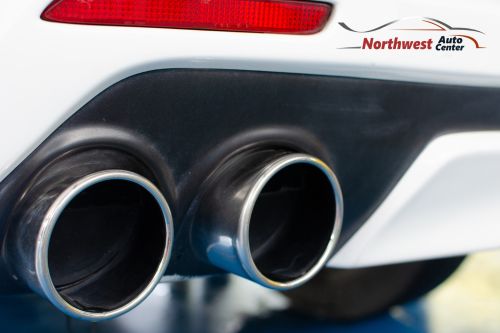
Engine misfires can be a source of frustration for drivers, leading to decreased performance, rough idling, and even potential damage to the engine. Identifying the underlying causes of vehicle misfires can be just as frustrating. Let’s delve into engine misfires, exploring their various causes and offering insights into prevention and troubleshooting.
What Are Misfires?
Misfires occur when the air-fuel mixture vital to your engine does not properly ignite, disrupting the combustion process. This leads to a noticeable stumble or hesitation in engine performance, often accompanied by vibrations or a loss of power.
Ignition systems play a pivotal role in initiating combustion within the cylinders, and any malfunction or disruption can contribute to misfires.
Common Causes of Car Engine Misfires
Faulty Spark Plugs
Spark plugs are appropriately named and are responsible for the “spark” that ignites the air-fuel mixture within the combustion chamber. Over time, spark plugs can wear out or become fouled, inhibiting their ability to generate a vital spark. This can lead to incomplete combustion and subsequent misfires.
Regular inspection and replacement of spark plugs are crucial for maintaining optimal engine performance and help prevent car misfires.
Ignition System Issues
Beyond spark plugs, various ignition system components, such as ignition coils, ignition wires, and the distributor (in older vehicles), can contribute to misfires if they malfunction or fail. Faulty ignition coils, for example, may result in weak spark, leading to vehicle misfires.
Thorough diagnostic testing of the ignition system can help pinpoint the exact source of the problem.
Fuel Delivery Problems
Issues with the fuel delivery system can also trigger misfires in vehicles. Clogged fuel injectors, a malfunctioning fuel pump, or a restricted fuel filter can disrupt the proper flow of fuel to the engine, resulting in lean or rich air-fuel mixtures that are difficult to ignite.
Regular fuel system maintenance, including cleaning or replacing fuel injectors and filters, can help prevent such issues.
Air Intake and Vacuum Leaks
Leaking intake manifold gaskets, cracked vacuum lines, or damaged intake hoses can introduce unwanted air into the combustion chambers, disrupting the air-fuel ratio and leading to misfires. These leaks can also cause fluctuations in engine vacuum, affecting the engine’s overall performance and efficiency.
Engine Mechanical Problems
In some cases, misfires can be attributed to underlying mechanical issues within the engine. Common culprits include worn piston rings, damaged valves, or a compromised head gasket, which can affect cylinder compression and combustion efficiency. Addressing such mechanical problems may require repairs and professional expertise.
At Northwest Auto Center of Houston, we are ready to handle any case of engine misfires. Feel free to call us today at (281) 894-8880 if you need any help or have any questions.
Preventing Car Misfires
Regular, Preventative Maintenance
Routine maintenance, including scheduled tune-ups and inspections, is crucial for detecting and addressing potential issues before they escalate into misfires. This includes checking and replacing worn spark plugs, inspecting the ignition system, and monitoring the fuel delivery system for abnormalities. Some other preventative maintenance would include throttle body service and fuel injection service. The aforementioned should be performed every 2 years or 30,000 miles; whichever comes first.
Use High-Quality Fuel
Using high-quality fuel can help prevent fuel-related problems that may contribute to misfires. Low-quality or contaminated fuel can lead to deposits in the fuel system or combustion chamber, affecting engine performance. Choosing reputable fuel brands and adhering to proper storage practices can mitigate such risks.
Address Check Engine Lights Promptly
An illuminated check engine light (CEL) may indicate underlying issues, including potential misfires. Promptly addressing CEL codes and conducting diagnostic scans can help identify the source of the problem and prevent further damage to the engine. Ignoring warning signs can exacerbate issues and lead to costly repairs.
Keeping Your Engine Running Smoothly
Vehicle engine misfires can result from various factors, from ignition system malfunctions to fuel delivery problems and mechanical issues. Drivers can safeguard their vehicles against performance issues and potential engine damage by following their maintenance schedule and addressing issues quickly.

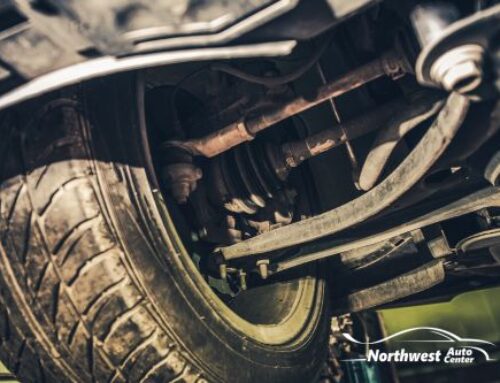

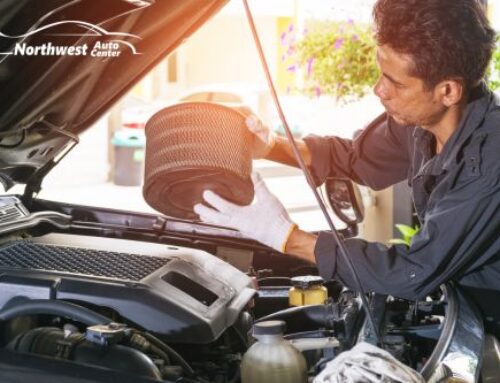
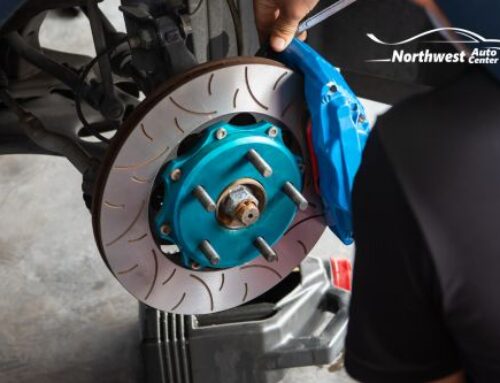
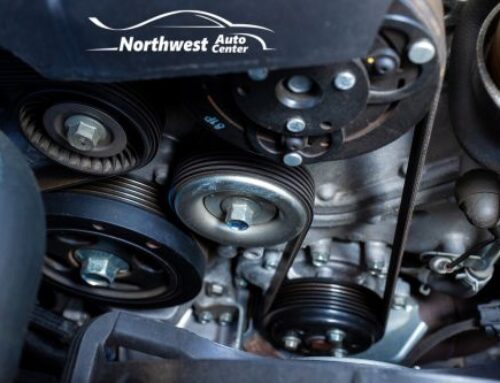
Leave A Comment
You must be logged in to post a comment.